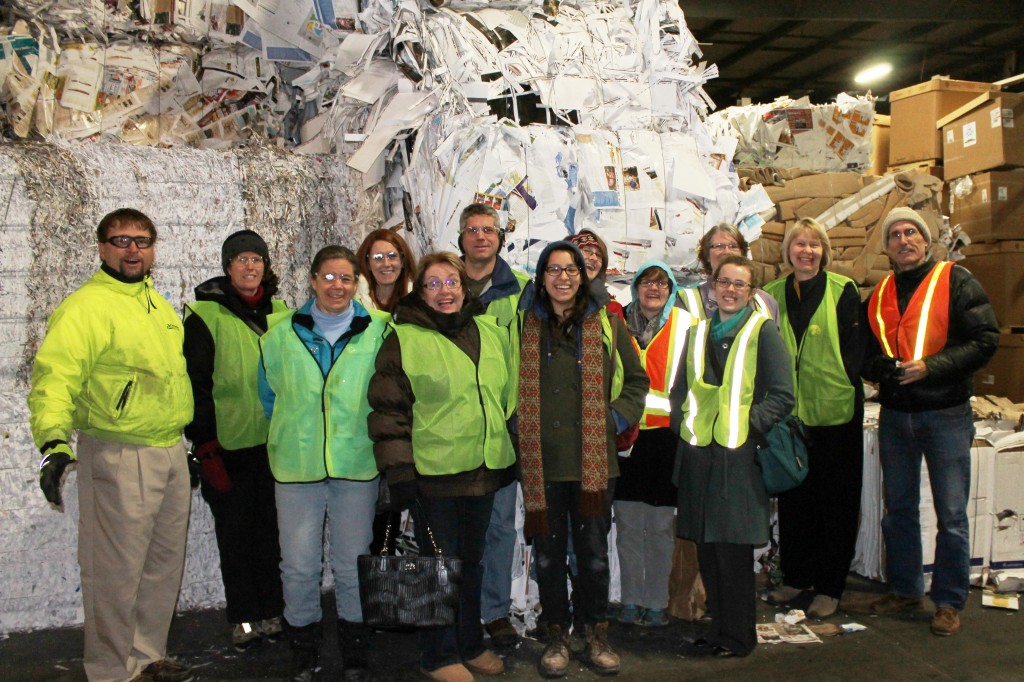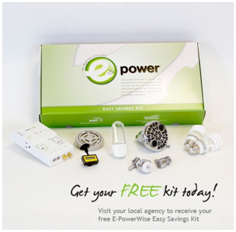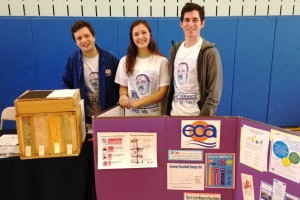I came home from work one day in November, opened my mailbox and found a copy of Our CR Magazine, a magazine published by the city of Cedar Rapids. As I skimmed through the pages, I was intrigued to see a large section dedicated to recycling and that there was going to be an Elite Recycler Program in January. Even though I have been recycling for decades, I still struggled with local requirements so I signed up for the program. From the City’s website: The Elite Recycler Program is a three-session course designed to create a more nuanced understanding of the recycling system in Cedar Rapids and Linn County. Each session of the course offers an in-depth look at a particular aspect of the recycling system and provides participants with an interactive experience and access to the experts. Pretty cool, right?
 For our final meeting on January 22, we met at City Carton Recycling’s processing center in Cedar Rapids where we had the pleasure of meeting Alan Schumacher, the Plant Manager, and taking a tour of the facility. Alan had a lot of great information for us, but his comments about carton recycling are what stuck with me the most. City Carton Recycling has recently started accepting cartons for recycling and Alan indicated that this is a direct result of the Carton Council. That’s right; there is a council for cartons. The council is a group of carton manufacturers that work together to help promote collaborative solutions to divert cartons from landfills. One way they do this is by offering grants to recycling processers, such as City Carton Recycling, to purchase the equipment required to collect cartons. Per Alan, without this grant City Carton Recycling would not be able to collect cartons. Thank you Carton Council!
For our final meeting on January 22, we met at City Carton Recycling’s processing center in Cedar Rapids where we had the pleasure of meeting Alan Schumacher, the Plant Manager, and taking a tour of the facility. Alan had a lot of great information for us, but his comments about carton recycling are what stuck with me the most. City Carton Recycling has recently started accepting cartons for recycling and Alan indicated that this is a direct result of the Carton Council. That’s right; there is a council for cartons. The council is a group of carton manufacturers that work together to help promote collaborative solutions to divert cartons from landfills. One way they do this is by offering grants to recycling processers, such as City Carton Recycling, to purchase the equipment required to collect cartons. Per Alan, without this grant City Carton Recycling would not be able to collect cartons. Thank you Carton Council!
 Alan then pointed to the ceiling tiles in the conference room and explained that they were made from recycled cartons by a company in Des Moines called The ReWall Company LLC. ReWall uses technology from Europe, where cartons are much more widely used and recycled, to produce 100% recycled boards and ceiling tiles. They source their cartons from a 500 mile radius of Des Moines and ship their products nationally. They currently divert 3,600 tons of cartons per year from entering the landfill and hope to divert 50,000 tons per year by 2018!
Alan then pointed to the ceiling tiles in the conference room and explained that they were made from recycled cartons by a company in Des Moines called The ReWall Company LLC. ReWall uses technology from Europe, where cartons are much more widely used and recycled, to produce 100% recycled boards and ceiling tiles. They source their cartons from a 500 mile radius of Des Moines and ship their products nationally. They currently divert 3,600 tons of cartons per year from entering the landfill and hope to divert 50,000 tons per year by 2018!

Shelf-stable cartons contain on average 74% paper, 22% polyethylene and 4% aluminum. Refrigerated cartons contain about 80% paper and 20% polyethylene. ReWall’s process doesn’t use any virgin materials, water, glues or chemicals in the manufacturing process, which makes their 100% recycled, VOC-free and mold resistant products green in an unprecedented way. “We take advantage of this great, eco-friendly composite packaging and turn it into great composite building material, where LDPE (low-density polyethylene) serves as a binder and provider of moisture resistance, paper provides strength and insulation properties and aluminum contributes to the unique look.” said Jan Rayman, VP of Business Development for ReWall.
So why recycle cartons into building materials? The answer is clear. Again from Jan Rayman, “if the publicly available data is correct and it really takes up to 100,000 BTUs to make one drywall sheet, then ReWall offers over 90% energy savings as it takes only 7,500 BTUs to make one ReWall board.”

In addition, ReWall’s process is much more efficient than recycling cartons for their paper content. Paper mills like the high quality of the paper fiber found in cartons, but they have to use large amounts of water and energy to filter out the paper fibers from the polyethylene and aluminum. Depending on the efficiency of their hydro-pulper, paper mills capture about half of the carton’s material for reuse.
Imagine if there were more companies like ReWall in the US that could efficiently transform our cartons into quality building materials. If you live in a city that recycles cartons, choose food and beverages packaged in cartons over plastic because cartons are primarily made from a renewable resource – paper. If you live in a city that doesn’t recycle cartons, the Carton Council provides resources to help you get things moving in that direction.
The Elite Recycler Program provided me with a lot of great information and a better sense for how recycling is handled in my community. Learning about how Iowans are converting cartons into 100% recycled materials was an added bonus.
 Amy Luebbert has a B.A. in Geography with a minor in Anthropology. She volunteered in Des Moines, IA as a community organizer with Oxfam America from 2011-2013. This experience offered her the opportunity to lobby on behalf of small scale farmers around the world, engage and inform the public on issues of hunger and poverty, organize events, manage volunteers and develop a social media presence for their local group. Amy has seven years of experience in the corporate world and is excited to have the opportunity to pursue a career more in line with her passions. Amy is serving with HACAP to promote energy efficiency and conservation through public trainings. She is assisting in energy-related certification presentations and educating residents about heating system maintenance and general energy conservation .
Amy Luebbert has a B.A. in Geography with a minor in Anthropology. She volunteered in Des Moines, IA as a community organizer with Oxfam America from 2011-2013. This experience offered her the opportunity to lobby on behalf of small scale farmers around the world, engage and inform the public on issues of hunger and poverty, organize events, manage volunteers and develop a social media presence for their local group. Amy has seven years of experience in the corporate world and is excited to have the opportunity to pursue a career more in line with her passions. Amy is serving with HACAP to promote energy efficiency and conservation through public trainings. She is assisting in energy-related certification presentations and educating residents about heating system maintenance and general energy conservation .








